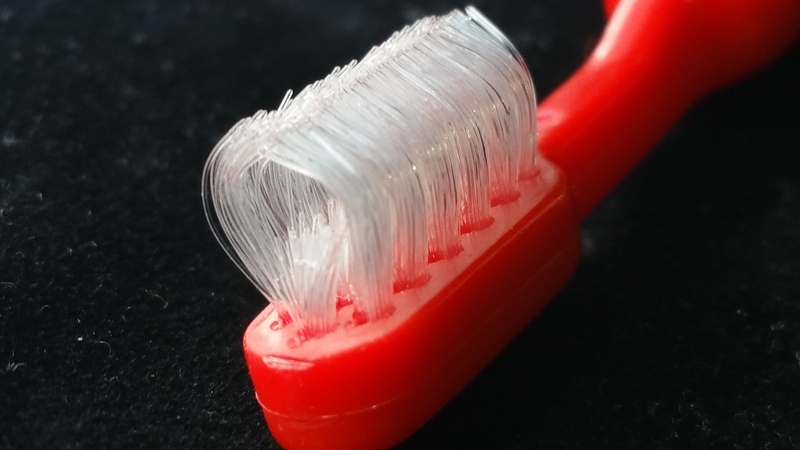Wisdom teeth, also known as third molars, are the last set of teeth to erupt in the mouth. They usually appear between the ages of 17 and 25, although they can appear later or not at all. Wisdom teeth can be a source of discomfort, pain, and even infection if they are not properly cared for. In this article, we will explore everything you need to know about wisdom teeth, including what they are, why they can cause problems, and how to take care of them.
What Are Wisdom Teeth?
Wisdom teeth are a set of molars that grow at the back of the mouth. They are the last teeth to develop, typically appearing between the ages of 17 and 25. Most people have four wisdom teeth, but some may have fewer or none at all. Wisdom teeth were once thought to be necessary for chewing tough foods, but as our diet has changed, they have become less important.
Why Can Wisdom Teeth Cause Problems?
Wisdom teeth can cause problems for several reasons. First, they can become impacted, which means they do not fully emerge from the gum line. This can lead to pain, swelling, and infection. Second, wisdom teeth can push against other teeth as they try to emerge, causing overcrowding, misalignment, and even damage to adjacent teeth. Third, wisdom teeth can be difficult to clean, which can lead to decay, gum disease, and other dental problems.
How to Take Care of Wisdom Teeth?
Taking care of your wisdom teeth involves a combination of good oral hygiene and regular dental check-ups. Here are some tips to help keep your wisdom teeth healthy:
- Brush and floss regularly – Brush your teeth twice a day and floss once a day to remove plaque and food particles that can lead to decay and gum disease. Pay special attention to your wisdom teeth, as they can be more difficult to reach.
- Use an antimicrobial mouthwash – Rinse with an antimicrobial mouthwash to help kill bacteria and freshen your breath.
- Visit your dentist regularly – Regular dental check-ups can help detect any problems with your wisdom teeth early, before they become more serious.
- Consider wisdom teeth removal – If your wisdom teeth are causing problems or are likely to in the future, your dentist may recommend their removal. This is a common procedure that can be done under local or general anesthesia.
St Edward Street Dental Practice:
If you are experiencing any problems with your wisdom teeth, or if you have any questions about their care, contact St Edward Street Dental Practice today. Our experienced dental professionals can provide you with personalized advice and treatment options to help keep your wisdom teeth healthy and pain-free.
Conclusion:
Wisdom teeth can be a source of discomfort and pain if they are not properly cared for. By understanding what they are, why they can cause problems, and how to take care of them, you can ensure that your wisdom teeth stay healthy and pain-free. Remember to brush and floss regularly, use an antimicrobial mouthwash, visit your dentist regularly, and consider wisdom teeth removal if necessary. If you have any questions or concerns about your wisdom teeth, don’t hesitate to contact St Edward Street Dental Practice for personalized advice and treatment options.









